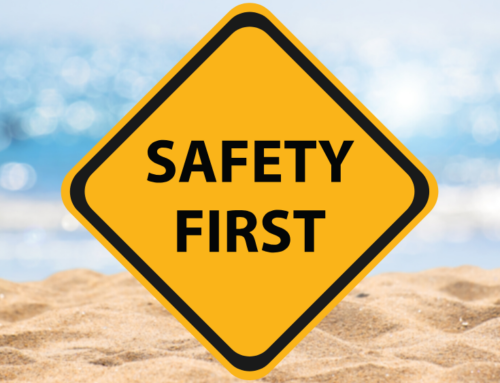When you first file suit against a business or any other party, there are most likely many documents or other pieces of information that will help you prove your case. The only problem: most of them are in the hands of the person you are suing. Even worse, businesses want to get rid of any incriminating evidence related to your claim so that you will not be able to prove they did anything wrong. Unless you can get that evidence from the business, you may not have any other way of presenting a winning case.
Fortunately, business and other parties have a duty to preserve evidence as soon as litigation is reasonably foreseeable. Georgia law allows you to send a preservation of evidence letter, or a spoliation letter, to the opposing party as notice that litigation is reasonably foreseeable. These letters advise the other party that there is a possibility of a claim being filed and should be sent as soon as possible to make sure none of the evidence you need is destroyed before you have a chance to sue.
Because the letter serves as notice that litigation is reasonably foreseeable, it is important to include in the letter sufficient information about the incident your case stems from. In some instances, it may be a good idea to supplement your letter with additional documents such as a copy of the incident report or police report related to your claim. If your letter fails to sufficiently put the other party on notice as to the specific incident your claim arises from, a court may latter find that they did not have to preserve the evidence you requested.
Preservation of evidence letters also identify relevant documents and electronically-stored information which should be preserved for the lawsuit. Once these are sent, the opposing party has a duty to preserve all the evidence you state in your letter regarding your claim, or potential claim, against them.
It is important to make sure that your letter accounts for all of the documents and information that need to be preserved. Preservation of evidence letters are drafted to include many different things depending on your case. However, most include logs or reports keeping track of the time period surrounding your claim, video recordings, photographs, contracts or agreements pertaining to the incident, E-mails or memos concerning the accident, employee manuals or guides, etc.
When a business does not comply with the preservation of evidence letters, they are subject to sanctions in court. Sanctions can vary depending on the information that was destroyed. Recently, a jury in Philadelphia awarded $1.48 million in a slip-and-fall case where the defendants destroyed video evidence of the fall in an attempt to prevent the injured party from succeeding in court. While sanctions for evidence spoliation is rare, sanctions for failing to produce documents are often similar to that for destroying documents.
If you have a claim against a business, it is important that you send a preservation of evidence letter that include all the necessary details as soon as possible. Your case may depend on certain evidence that the business would otherwise destroy, but most importantly you may find evidence you did not even know about that shows the business acted wrongly. Mike Rafi has experience, not only suing, but also defending large companies in personal injury and commercial litigation cases. He knows what evidence business do not want you to have, and more importantly knows what evidence is essential to prove your case. Contact us if you think you have a claim and we will use his experience to make sure you have all the evidence you need.





